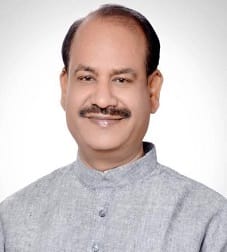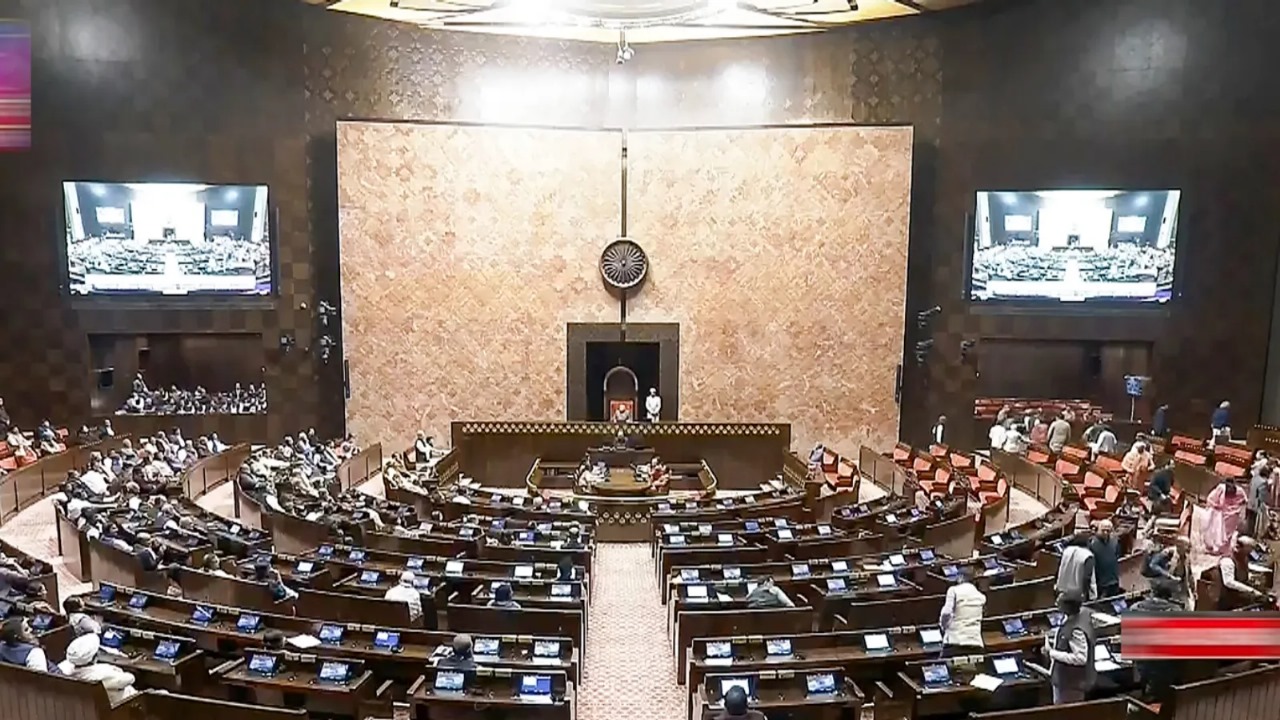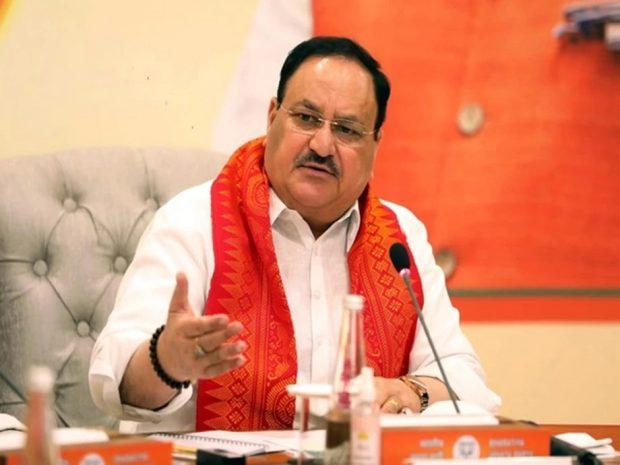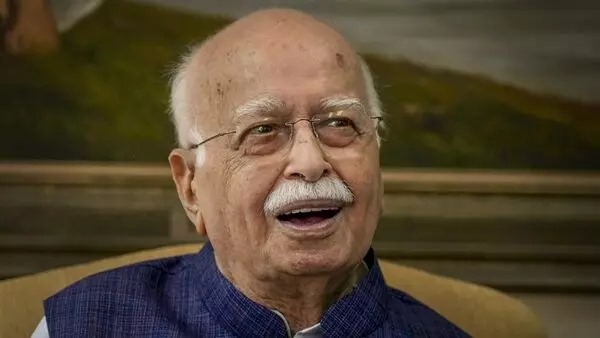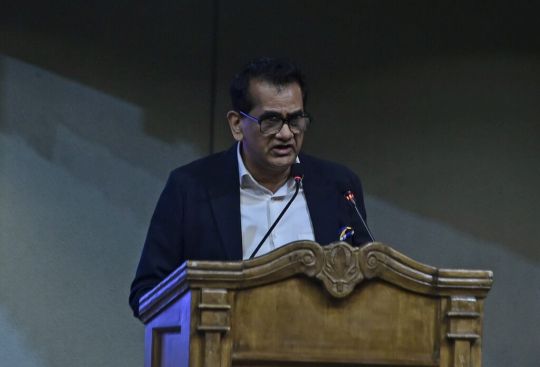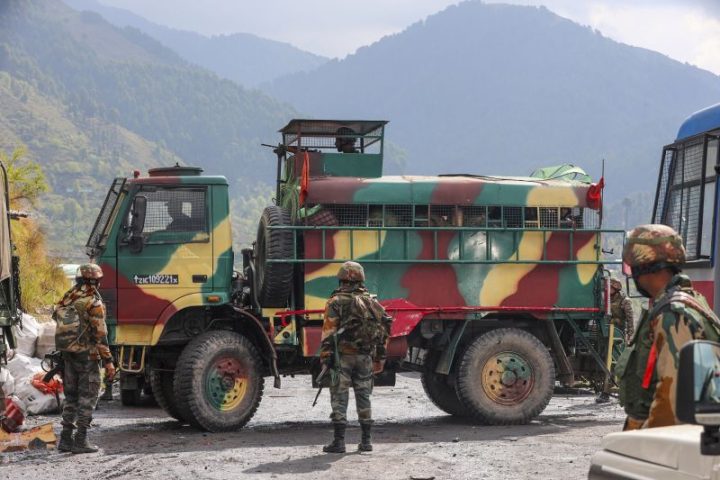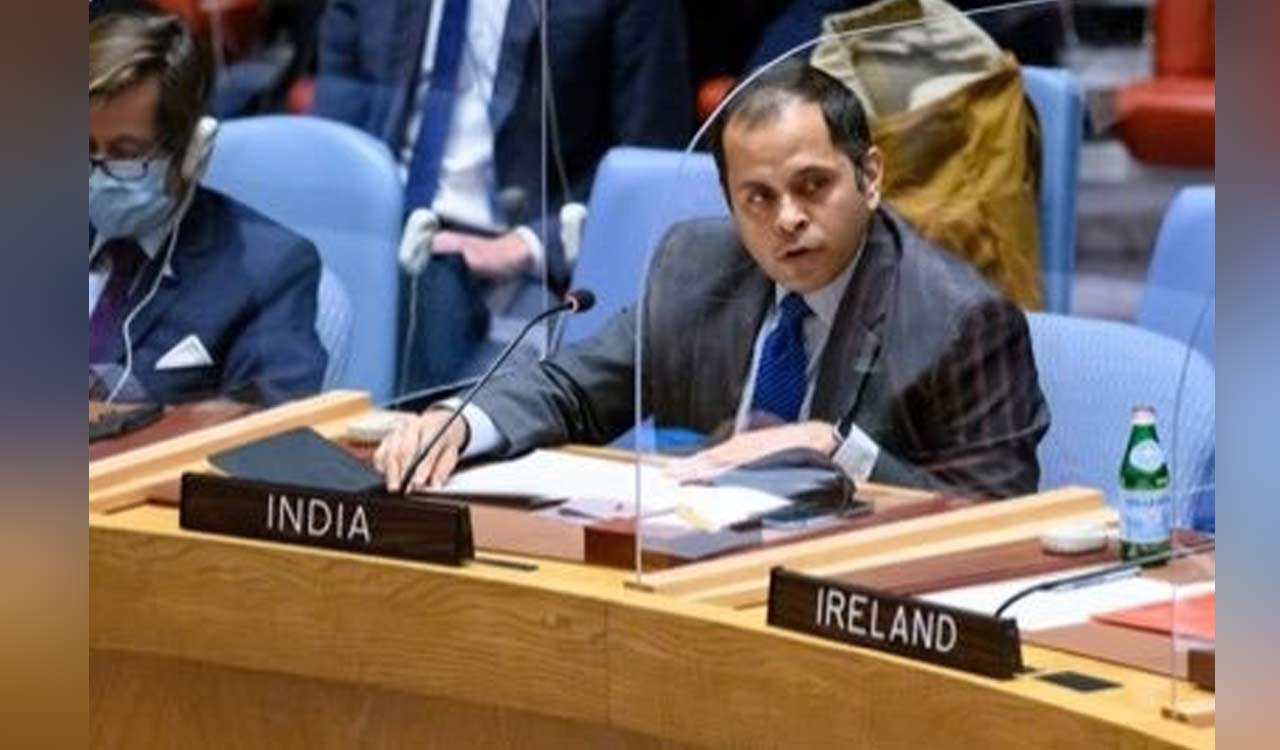New Delhi: Embattled Chief Minister Arvind Kejriwal will have to remain in jail for now with the Delhi High Court on Friday putting an interim stay on a trial court’s order granting him bail in the money laundering case linked to the alleged excise scam.
The AAP national convenor, who was arrested on March 21 by the Enforcement Directorate (ED), could have walked out of Tihar jail on Friday had the high court not granted the interim relief to the central anti-money laundering agency.
“Till the pronouncement of this order, the operation of the impugned order shall remain stayed,” a vacation bench of Justice Sudhir Kumar Jain said and asked the parties to file written submissions by June 24.
The high court said it was reserving the order for 2-3 days as it wanted to go through the entire records.
It also issued notice to Kejriwal seeking his response on ED’s plea challenging the trial court’s June 20 order by which he was granted bail. It listed the plea for hearing on July 10.
The ED’s lawyer mentioned for an urgent listing its petition challenging the trial court’s bail order which was passed late Thursday evening.
Additional Solicitor General (ASG) S V Raju, representing the ED, contended that the trial court’s order was “perverse”, “one-sided” and “wrong-sided” and that the findings were based on irrelevant facts. The relevant facts, he claimed, were not considered by the special judge.
“Material facts were not considered by the trial court. There cannot be a better case for cancellation of bail than this one. There cannot be greater perversity than this,” he argued.
Seeking a stay on the trial court’s order, he contended that the ED was not given adequate opportunity to argue its case.
The application for stay was vehemently opposed by senior advocates Abhishek Singhvi and Vikram Chaudhari, representing Kejriwal. They said Article 21 (protection of life and personal liberty) of the Constitution does not exist for the ED for which the liberty of a person figured low in priority.
Singhvi said the ED argued for 3 hours and 45 minutes before the trial judge.
“This matter lasted for five hours (before the trial court). Nearly 3 hours 45 minutes were taken by Mr. Raju and then trial judge is faulted because she does not repeat every comma and full stop,” he said.
During the arguments, Raju said after the order was passed, when the ED lawyers urged the trial court to keep its order in abeyance for 48 hours to enable them to approach superior courts, the prayer was not considered.
“I was not allowed to argue fully. I was not given proper time of 2-3 days to file written submissions. This is not done. On merits, I have an excellent case. The trial court said finish off in half an hour as it wanted to deliver the judgment. It did not give us full opportunity to argue the case,” he contended, adding, “I am making the allegations with full seriousness.”
Section 45 of the Prevention of Money Laundering Act (PMLA) says an opportunity must be granted to the public prosecutor to present his case but that opportunity was not granted to me, he contended.
He said the trial court did not even look at his reply on the ground that it was bulky and claimed that the trial court came to a conclusion that there was malafide on ED’s part after considering wrong facts and wrong dates.
Raju contended that the trial court has given findings which are contrary to those of the high court while upholding Kejriwal’s arrest.
“If irrelevant facts are considered, that itself is a reason for cancellation of bail. There is evidence that Kejriwal demanded Rs 100 crore but it was not considered by trial court,” he argued.
“End to end money trail was given by us,” he asserted, adding that proceeds of crime were utilised in the Goa assembly poll campaign by the AAP.
“We have made AAP an accused in the money laundering case and the offences thus are covered by section 70 of the Prevention of Money Laundering Act (PMLA), which deals with companies. The ED had likened AAP to a company and Kejriwal its director,” Raju argued.
Singhvi urged the court not to stay Kejriwal’s bail order and said it may send him back to jail later if it finds overwhelming and cogent circumstances.
He also questioned the probe agency’s “unfortunate” attempt to malign the judge (by claiming she did not give the ED enough time to argue and did not consider material evidence).
“There is misconception about what a bail hearing should be like. Just because there is a political antagonism involved and that if all the commas etc are not dealt with by the judge, it gives Mr. Raju the right to malign the judge. This whole approach is deplorable and sad. It should never have come from a government authority,” Singhvi argued.
Chaudhari submitted that Kejriwal had surrendered to the jail authorities on expiry of the interim bail period which showed his bonafide conduct.
“If he is out with conditions imposed by the court, what is the prejudice. He is not a terrorist that he will harm the society if he is let out. What will happen if the chief minister of the state comes out on bail?” he argued.
The trial court, in its bail order, held that prima facie Kejriwal’s guilt was yet to be established and that the ED failed to furnish direct evidence linking him to the proceeds of crime in the money laundering case.
The excise policy was scrapped in 2022 after the Delhi lieutenant governor ordered a CBI probe into alleged irregularities and corruption involving its formulation and execution.
According to the CBI and ED, irregularities were committed while modifying the excise policy and undue favours extended to the licence holders.

